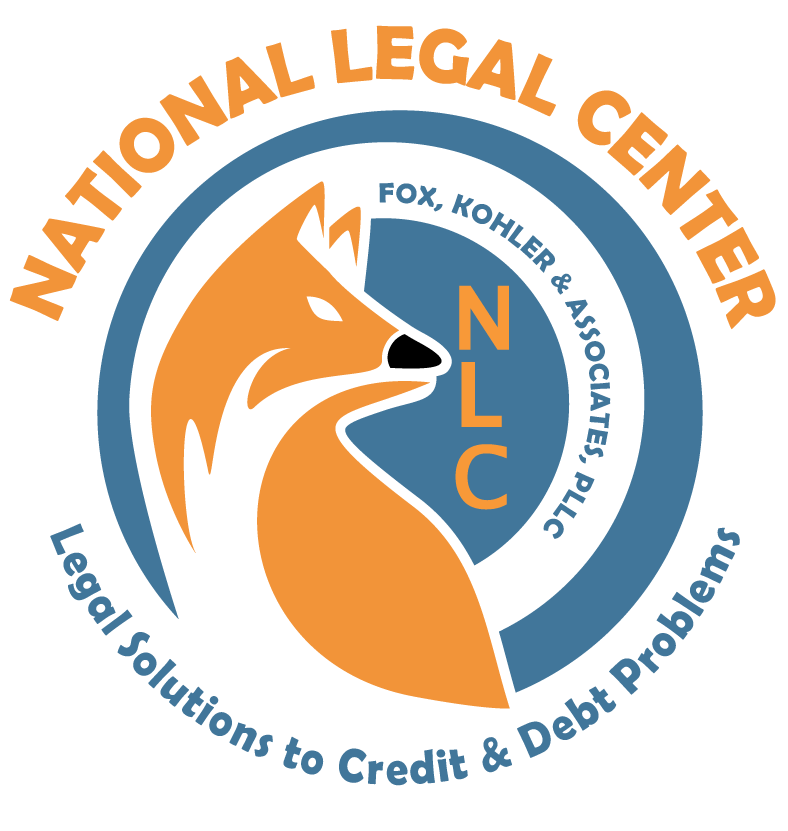Happy National Consumer Protection Week!! You probably didn’t know that National Consumer Protection Week (NCPW) is February 28th through March 7th! This annual event encourages individuals and businesses to learn about their consumer rights and how to keep themselves secure.
As a kick off to NCPW, the Federal Trade Commission (FTC) is collaborating with its partners to share educational resources and tips on scams, identity theft, and other consumer protection issues. The first issue to be tackled is a delightful little fraud known as the “Imposter Scam”.
Imposter scams come in many varieties, but all work the same way: a scammer pretends to be someone you trust to convince you to send them money.
There are almost too many types of imposter scams to list here, but some of the most commonly impersonated are government agencies such as Medicare, the Internal Revenue Service, the Census Bureau and the Social Security Administration (SSA). If this wasn’t bad enough, thanks to the pandemic, other imposter scams are springing up all over by people pretending to be affiliated with government health agencies to prey on our fears of the virus. Other cons are related to our anticipated Economic Impact Payments (EIP), sometimes referred to as stimulus checks. No one wants to be a victim of these ploys, but these crooks can be very slick, so here are some tips to protect yourself:
First and foremost, know that the government will never call, text or contact you on social media saying you owe money, or to offer help to get your EIP faster. If you get a message from a government agency representative through social media, it’s a scam. If you are eligible and haven’t yet received your Economic Impact Payment, visit irs.gov and follow their instructions.
Second, beware of emails from government agencies. For trustworthy information, visit government websites directly. Never click on any link in an email or text message. Scammers often send fake links to websites that are set up to look like they’re from the government. Instead of clicking on links in messages, open up a new window and search for the name of the government agency. For the most up-to-date information on the pandemic, be sure to visit coronavirus.gov.
Finally, say NO to anyone from any agency of the government demanding cash, gift cards, wire transfers, cryptocurrency, or personal and financial information, whether they contact you by phone, texts, email, or in person. Under no circumstances should you share your Social Security, Medicare ID, driver’s license, bank account, or credit card numbers. Much better to err on the side of caution during these difficult and demanding times.
There is a lot of helpful information available to assist you in keeping safe and secure. For instance, get up-to-date information on avoiding COVID-19 related fraud by visiting ftc.gov/coronavirus/scams. AARP has many great resources available, and for further help in protecting yourself financially during this pandemic, check out consumerfinance.gov/coronavirus. And, of course, we at National Legal are always happy to assist you. Stay healthy, and keep yourself safe.




